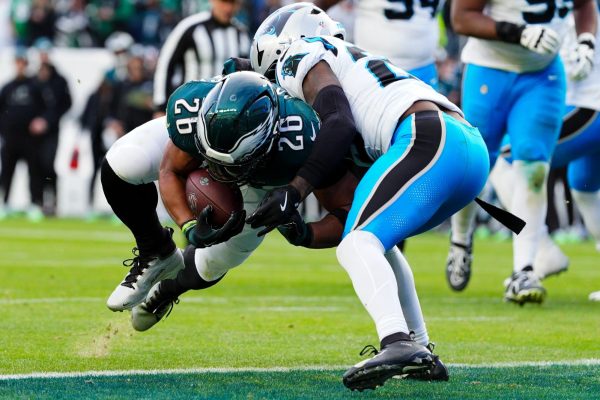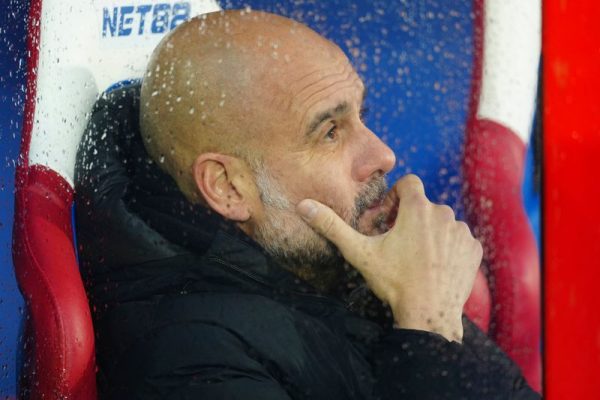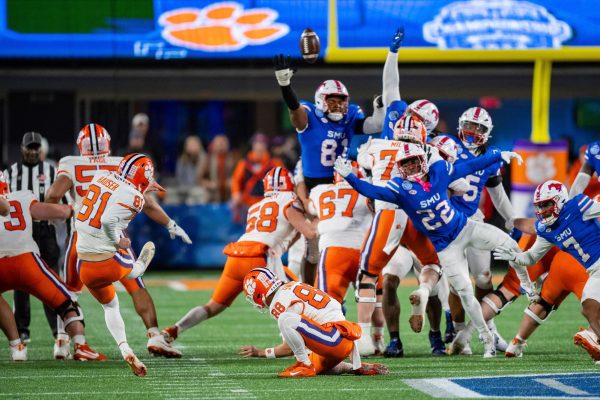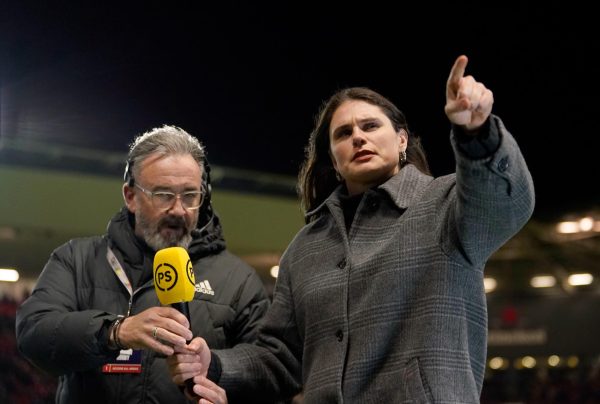Down Under, on the Upswing
For the fourth straight grand slam tournament, Roger Federer failed to reach the final. Also, for the first time since 2003 the Swiss is not the titleholder in any of the four majors. That fact is leading most tennis experts to write the 29-year-old and 16-time grand slam champion off and put the final period on what is known as the golden era of Roger Federer.
Those experts fail to realize, however, that this is not the first time that Federer has been written off and his career considered over. Back in 2008, the Swiss was winless in the first three grand slams of the year, falling to eventual champion, Serb Novak Djokovic in the semifinals of the Australian Open. He then lost to Spaniard Rafael Nadal in straight sets in the French Open final. A month later he was defeated once again by Nadal in the championship match at Wimbledon, a contest called the greatest of all time in which he was looking for a record sixth-straight title. After failing to win Olympic gold in singles at Beijing, the Swiss bounced back by winning that year’s U.S. Open in dominant fashion, dropping only three sets along the way.
The following year, in 2009, Federer once again fell to Nadal in a grand slam final, this time at the Australian Open, which forced him to break into tears of frustration. That match was the low point of his career, one in which there was nowhere to go but up. Thus, the only place he could go after that was back to the top. Four months later, Federer was celebrating his first ever championship at Roland Garros. The French Open was an elusive title that had avoided him for years and, after capturing it on June 7, 2009, it allowed him to complete the career Grand Slam and tie Pete Sampras’ record of 14 majors up to that point. A month later he celebrated his sixth championship at Wimbledon, breaking Sampras’ record and regaining the position of top-ranked player in the world.
Last summer, Federer went into both the French Open and Wimbledon as the defending champion. In both tournaments, he was upset in the quarterfinals by the men who eventually reached the finals only to be defeated by Nadal. He lost his position as World No. 1 just a week shy of tying Sampras’ record of 286 total weeks. Federer also saw his record streak of 23 straight semifinal appearances in Grand Slam tournaments broken. That streak of disappointments forced him to make a change.
On August 28, 2010 after a one-month trial period, Federer hired Paul Annacone, Sampras’ former coach, to officially work with him heading into the U.S. Open. In the previous month, Annacone had helped Federer reach the final of the Rogers Cup as well as successfully defend his title at the Cincinnati Masters. In the final major of the year, Federer did not drop a set until the semifinal, where Djokovic defeated him despite holding two match points. In the aftermath of the US Open, Federer went 21-2, winning three titles, including the Year-End Championships and reaching one final. His defeat to Djokovic last week broke a 15-match win streak, which supports the belief that his partnership with Annacone is working successfully so far and will bring more titles as the year goes along.
This premature defeat in the Australian Open is simply a blip on the radar. While it is the only major in which Federer has reached the semifinals for eight consecutive years, it is also the Grand Slam at which he has been the most vulnerable, despite leaving Australia triumphant four times. Out of the three majors he has won multiple times, the Australian Open is the only one at which he has failed to reach the finals more than once after his first title, as well as the only one he has not won more than two consecutive years. The Swiss missed the finals in 2005, 2008 and now 2011 and the only time he won it in consecutive years was 2006 and 2007, the best of his career. The other two times he celebrated in Australia were 2004 and 2010, separated by two and three years from his next title on one hand and from his previous championship on the other.
It is only the beginning of the season, and as Federer has shown in the past, it takes him a few months to fully get going. For that reason, despite his recent disappointments in the last four majors, the best is yet to come for him. It would not be surprising to see the Swiss take two out of the remaining three Grand Slam tournaments or even for him to take all three.
Roger Federer is a champion. Champions despise defeat more than anything. For that matter, it is not a question of if Federer will bounce back and win more grand slam tournaments. It is simply a matter of when. For those who follow his game, sit back and enjoy his resurgence in the coming months.





